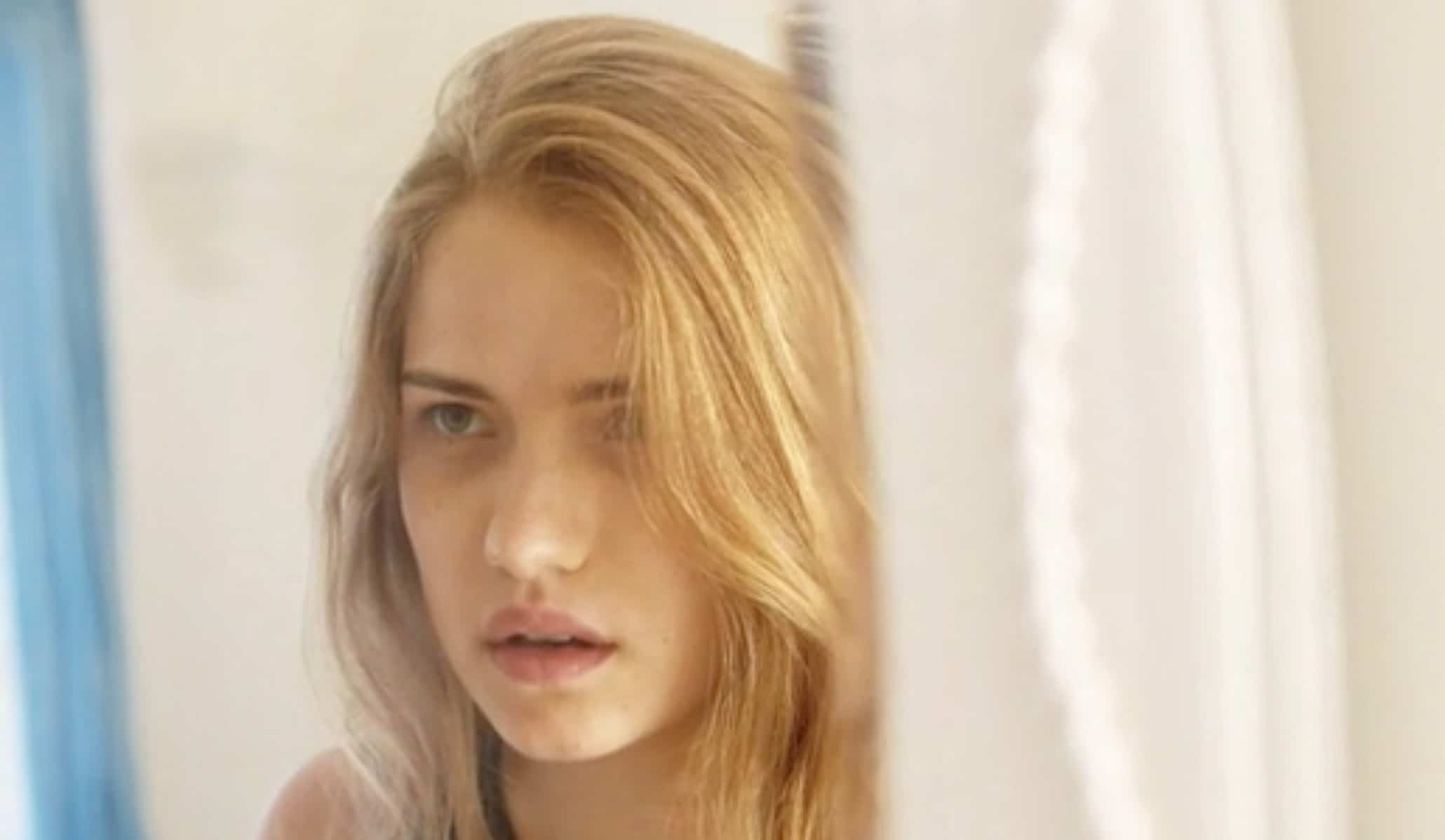
Creative desperation and economic shame invite a slasher into an upper-class melodrama.
Is privilege boring? For those living on the bottom rungs of the ladder, the plight of Woody Allen’s protagonists can feel like an attack rather than a source for empathy. While I struggle to roll pennies to pay the monthly rent on my apartment, I cannot find the tears for the Father of the Bride. If I dare to turn on the television and witness the horror of children separated from their parents along the border, then damn, my meager complaints wilt away. The world is a cesspool of anguish. If you’ve got it bad, someone else has it far worse.
And yet, the turmoil of the upper class has propelled countless melodramas for centuries. Money does not purchase happiness, and pop culture’s frequent reminder of this notion spurs us on. Why chain ourselves to fruitless pursuits if the result remains the same. Let’s avoid the trap. Don’t get preoccupied with your financial shortcomings because “Rosebud” will be your last word anyway.
The shame of wealth is very much at the heart of Beach House, a psychological thriller caught in the act of self-flagellation. The film opens with Emma (Willa Fitzgerald) kicking back under the sun. Her mother (Orlagh Cassidy) and step-father (Thomas M. Hammond) soak up the rays next to her while the rolling waves at the feet of their summer retreat provide a panacea for daily life.
Emma hides inside the pages of a Penguin classic. She peeks above the rim of her book only to deflect the passive aggression from mom. When she spots a fishing net caught in the tide, she deflates, wishing it were a shark or whale carcass. Her life could use a bloated corpse. Anything to break up the deadass monotony of Long Island life. An escape plan is necessary. The daughter is ticking down the minutes until she can flee from her family, and take up residence with a friend properly living life overseas. Emma has a desperation to be a storyteller like her 19th-century idols. She craves experience to fuel her fiction. The cushion that envelops her threatens to stamp out whatever creative fire she can muster.
She need not worry. A malevolent force enters her realm in the form of her mother’s one-time lover, Paul (Murray Bartlett). He’s a provocateur photographer that works out his kinks through staged images of bloodshed. Emma does not quite understand why mom would open her guest room to this obvious rogue, and neither does the audience. It is quite clear from his Cheshire grin and overconfident penetration of personal space that Paul is a demon on the hunt for fresh meat.
Beach House swings wildly between attraction and repulsion. The tortured artist is a bait that has lured in plenty of prey, and cinephiles are especially prone to fall victim to that particular charm. When your every waking thought is to achieve significance via imaginative expression a creature like Paul holds tremendous power. You may feed your child to him, or you may dismiss your mother’s overbearing love to steal just a piece of his assured dedication of craft.
Emma is practically chasing extinction for sins of wealth and a life not lived. As is, she does not deserve the ocean at her doorstep. She throws herself under the scope of Paul’s camera because he is simply a confident dope that has made life happen for himself. He has achieved her fantasies. What he can do, she can pretend to accomplish.
If writer/director Jason Saltiel were only interested in the Mario Bava-esque slasher aesthetic that excites his predator, then we would be left with a banal exploit. Emma is no sucker. While she dreams of an adult life apart from the monsters that smother her ambition, Paul’s dangerous aggression offers temptation, but the film thankfully gives her agency beyond that of the final girl.
For much of Beach House, the action occurs within the pauses of conversation. Paul laces his language with pitfalls, bullying Emma to rise to the challenge of his conviction. Watching her navigate the verbal snares is akin to helplessly observing a fly squirm in the spider’s web. 90 minutes of millennial persecution amounting to gratuitous agony. Help me. Help me.
As much as we may want it to, the movie never quite goes full-Straw Dogs. Mom and step-dad take too long to get hip to the peril Paul poses, and even Emma gets too comfortable as celluloid conventions ratchet towards a do-or-die confrontation. Our heroine eventually meets Paul on a level playing field, and at that moment an entirely new film could have taken off. The end credits could compel the characters to hop the genre fence Beach House sits comfortably against, and terrorize a totally new set of theatergoers with much bleaker tastes.
Willa Fitzgerald pulls you into Emma’s predicament. She is a master of disgust, existing in perpetual eye-roll. Her character is only as frustrating as any twenty-something would be in this situation. The solution she finds is adequately grim, but maybe not as wicked as you were hoping after Paul’s dominance over the runtime.
Beach House elicits as much of an audible reaction from its viewer as the very best and worst of the Halloween franchise. “What are you doing, child!?” That is as much to its credit as its detriment. You’re often left screaming into the void; your common sense left unheard.

